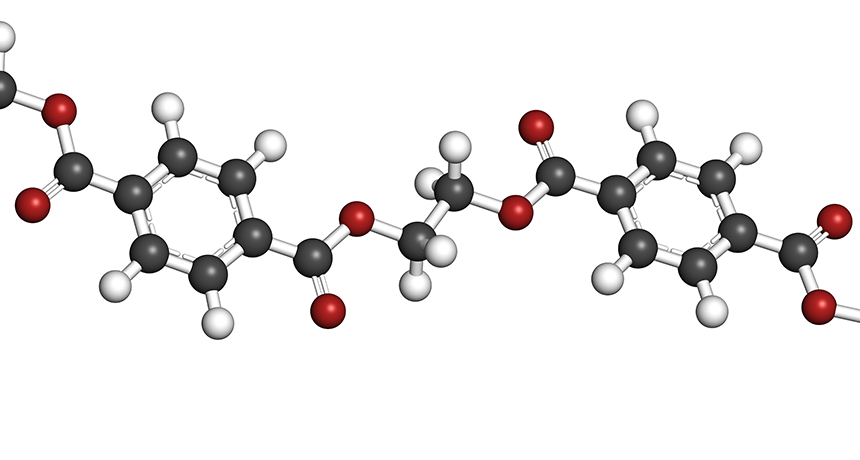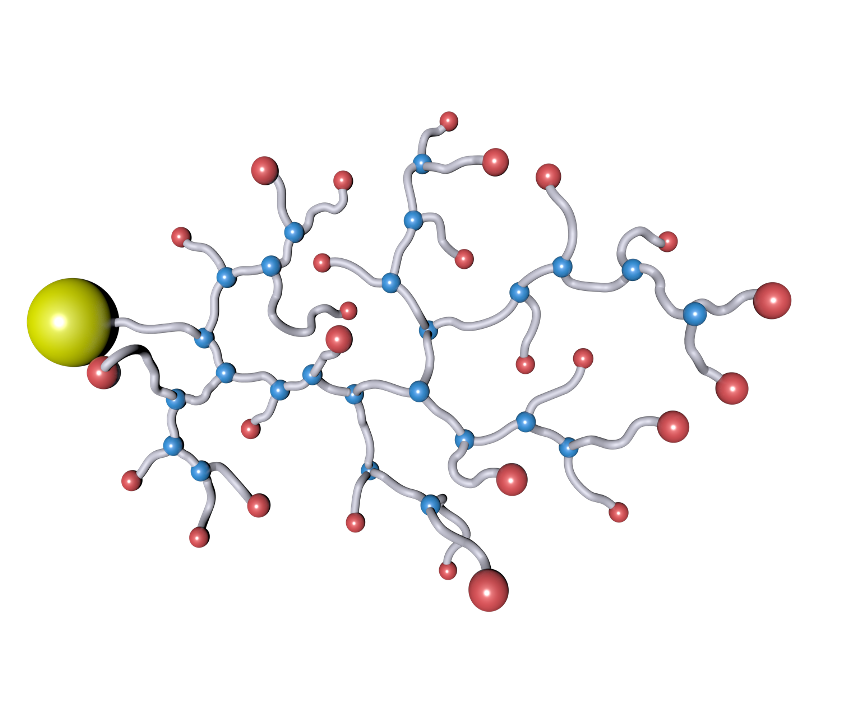Personalized Polymers: Tailored Solutions for Distinct Applications
Personalized Polymers: Tailored Solutions for Distinct Applications
Blog Article
Discovering the Varied Applications and Advantages of Polymers in Different Industries
Polymers, with their varied array of residential or commercial properties and performances, have actually become crucial in different sectors, each gaining distinct benefits from their application. From improving safety and performance in the automotive sector to transforming medical tools in the healthcare market, polymers play an essential duty.
Automotive Field Applications
Polymers play a crucial function in boosting the performance and longevity of various parts within the automobile market. These functional products are extensively utilized in the production of various components, varying from interior parts to under-the-hood applications. One popular use polymers in the automobile industry remains in the manufacturing of lightweight elements. By changing traditional metal components with polymer-based choices, automobiles can attain improved gas effectiveness without compromising on toughness or safety.

Health Care Sector Benefits
In various medical care applications, the benefits of using polymers are commonly recognized for their varied series of useful residential or commercial properties. Polymers play a vital role in the medical care market due to their flexibility, biocompatibility, and cost-effectiveness. Among the primary benefits of polymers in medical care is their ability to be tailored to certain needs, such as versatility, resilience, and biodegradability, making them perfect for a wide variety of clinical applications.
Polymer-based products are thoroughly used in medical tools, such as catheters, implants, prosthetics, and medicine distribution systems, because of their biocompatibility and ability to simulate natural cells. These products can decrease the danger of allergies or denials, enhancing client safety and results. In addition, polymers are lightweight, making them suitable for wearable clinical devices and ensuring patient comfort.
In addition, polymers allow the development of innovative therapy techniques, such as hydrogels for tissue design and nanocomposites for targeted medicine delivery. Their ease of processing and sanitation makes them crucial for maintaining high requirements of health in healthcare setups. On the whole, the diverse benefits of polymers add considerably to developments in clinical technology and client care.
Ecological Advantages of Polymers

In addition, polymers can contribute to energy financial savings as a result of their light-weight nature. In markets such as transport, light-weight polymer materials can assist minimize fuel usage and greenhouse webpage gas emissions. Additionally, polymers can allow the development of energy-efficient items such as insulation materials that enhance energy preservation in buildings.
In addition, polymers play an important function in minimizing water contamination. The usage of polymer-based filtration systems can properly remove toxins and contaminants from wastewater, securing water resources and communities. In general, the environmental benefits of polymers make them useful assets in promoting sustainability and environment-friendly practices across different markets.
Polymers in Electronics and Innovation
Considering the increasing demand for innovative and lasting services in contemporary markets, the integration of innovative polymer technologies in the realm of electronics and modern technology has actually emerged as a crucial approach for driving performance and efficiency. Polymers have actually changed the electronics industry by allowing the manufacturing of lighter, more versatile, and sturdy digital tools. From mobile phones to medical devices, polymers play a vital function in improving item design and capability.
One substantial benefit of polymers in electronic devices is their protecting residential properties, which help secure delicate digital elements from environmental variables and electric interference. Furthermore, polymers are crucial in the advancement of adaptable screens, wearable great site innovation, and printed electronic devices, supplying limitless possibilities for creating clever and interconnected gadgets.
Moreover, the her latest blog use of polymers in electronic packaging has actually resulted in innovations in miniaturization and thermal monitoring, enhancing the total performance and reliability of electronic systems. As technology proceeds to develop, the flexibility and flexibility of polymers will undoubtedly drive better innovation in the electronics sector, shaping the future of technology.
Function of Polymers in Building And Construction and Infrastructure
The assimilation of innovative polymer materials in construction and infrastructure projects has reinvented the way frameworks are developed and constructed in contemporary times. Polymers use many benefits in the building market because of their flexibility, durability, and cost-effectiveness. One essential function of polymers in building is their use in coverings and sealers, providing security versus environmental aspects such as dampness, UV radiation, and rust. Additionally, polymers are utilized in the manufacturing of lightweight and high-strength composite products, enhancing the structural honesty of structures while reducing total weight.
Additionally, polymers play a vital function in lasting building and construction methods by allowing the development of energy-efficient frameworks. Protecting products made from polymers aid regulate interior temperatures, minimizing the demand for heating and cooling systems and ultimately reducing power usage - Polymers.
Verdict
In conclusion, polymers play a critical role in various sectors such as automotive, healthcare, environmental, electronic devices, and building. Their versatile residential properties make them valuable in creating ingenious services and products. From enhancing fuel efficiency in automobiles to improving clinical devices, polymers supply various advantages. Furthermore, their impact on decreasing waste and advertising sustainability highlights their relevance in modern applications. The prevalent use polymers demonstrates their substantial contribution to progressing innovation and enhancing quality of life.
Report this page